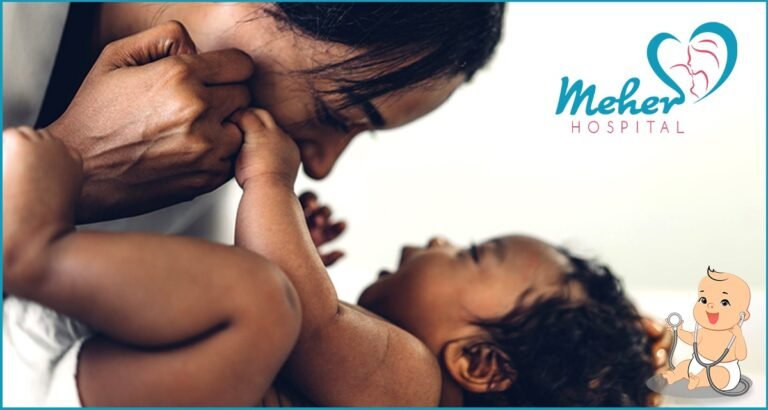The postpartum phase, which occurs after birth, comes with several new symptoms and concerns.
After what seemed like an eternity (40 weeks) of pregnancy and numerous hours of labor, you are finally a mother. Congratulations! After months of planning and preparation, you’ve welcomed your little bundle of joy and are now starting the process of getting back to normal after the pregnancy.
You might not feel 100% in your body, and your hormone levels may be unstable. But don’t give in to the irritation; remember that your body isn’t aware of your timetable or ambitions. Your best bet is to relax, nurture yourself and eat well.
When Does Delivery Become Complicated?
Birth complications, such as an assisted delivery, perineal tears, or insufficient pain medication throughout labor, can be extremely distressing for both the mother and the newborn.
Nonetheless, some women give delivery ‘naturally’ but suffer mental distress. It’s also possible for two individuals to have the exact same experience yet respond to it completely differently.
Whatever the cause, you must know that you are not alone if you are anxious about giving birth and everyone including your family, friends, physicians and nurses at your facility is there with you.
What To Expect from the Body?
For the first six weeks, you must pay close attention to your own body. Although you will be fatigued and distracted with your new baby, you must pay attention to the changes in your body.
Avoid the impulse to overdo it when your health improves. You may hinder your recuperation if you try to do too much too soon.
Focus on getting enough rest, staying hydrated and eating a balanced diet. If you had a cesarean section then you should limit your everyday activities for the first few weeks including severe physical activity.
Advice on How to Recuperate After Delivery
Try Kegel Exercises
Regular Kegel exercises strengthen your pelvic floor, allowing you to laugh without fear of peeing your clothes. Increasing vaginal muscle tone helps to maintain urine continence and makes sexual activity more enjoyable.
When the sphincter muscles are robust, you will not experience an unexpected bowel movement. However, make sure to consult your doctor before beginning.
Reduce Discomfort
The perineum requires your support in healing. For the first 24 hours after giving birth, icing your perineum every two hours is suggested. Spray warm water on the region before and after urinating to prevent urine from worsening the wound.
Take a warm sitz bath for 20 minutes every day. If possible, avoid lengthy periods of standing or sitting and sleep on your side.
C-Section Care
Once a day, carefully clean your C-section cut with soap and water. After cleaning the damaged area with a clean cloth, apply antibiotic ointment. If you’re not sure whether to cover or uncover the wound, see your doctor.
Also, you should avoid doing any intense activity until your doctor provides the all-clear.
Maintain Your Level of Physical Activity
Whether you gave birth vaginally or by cesarean section, you should avoid intense exercise for at least the first several weeks following birth.
However, after contacting your doctor, you can go for short walks and strolls. Walking improves digestion, reduces constipation, boosts circulation and promotes healing.
Sleep To Heal
Sleep is essential for your physical and emotional health and can help you cope with the demands of parenthood so try to get some rest when your baby sleeps.

